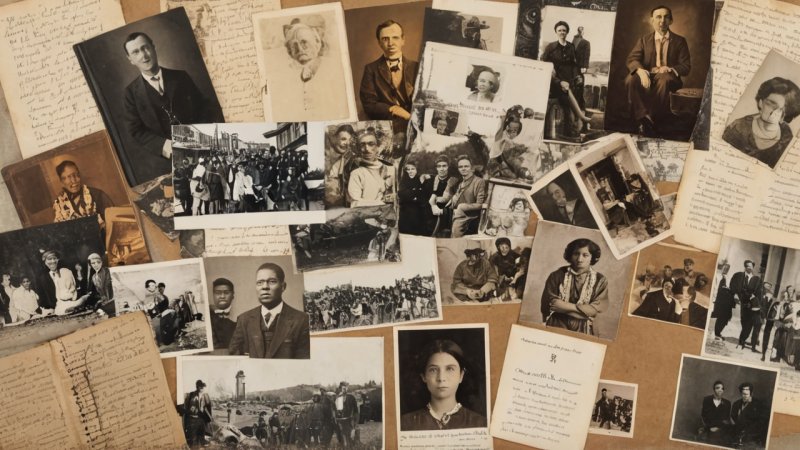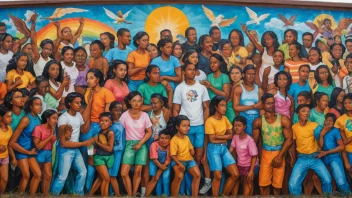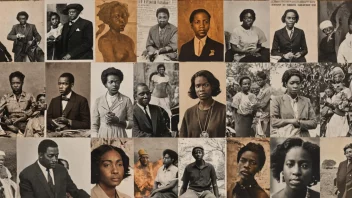The interplay between history and memory is a fundamental aspect of how collective identities are formed and understood. While history is often viewed as an objective recounting of events, personal memories provide a subjective lens through which individuals interpret their experiences. This article explores the differences and similarities between historical narratives and personal memories, examining their impacts on collective identity.
Understanding Historical Narratives
Historical narratives are structured accounts of past events that are typically recorded in books, articles, and documentaries. These narratives aim to provide a comprehensive overview of significant occurrences, often emphasizing facts and dates.
Pros of Historical Narratives
- Objective Framework: Historical narratives strive for objectivity, relying on evidence and documentation to present a factual account.
- Broad Perspective: They encompass a wide range of events and figures, providing a larger context for understanding societal changes.
- Educational Value: These narratives serve as important resources for teaching and learning about the past.
Cons of Historical Narratives
- Potential Bias: Historians may inadvertently introduce bias based on their perspectives, leading to selective storytelling.
- Loss of Individual Experience: Historical narratives often overlook personal stories, which can lead to a homogenized understanding of events.
- Static Nature: They can become outdated as new research emerges, potentially misrepresenting historical contexts.
The Role of Personal Memories
Personal memories are subjective recollections of experiences that shape an individual's understanding of their past. These memories can be influenced by emotions, cultural background, and personal significance.
Pros of Personal Memories
- Emotional Connection: Personal memories foster a deep emotional connection to events, making them more relatable and meaningful.
- Unique Perspectives: They offer diverse viewpoints that enrich the understanding of historical events.
- Dynamic Nature: Personal memories can evolve over time, adapting to new experiences and insights.
Cons of Personal Memories
- Subjectivity: Personal memories can be unreliable, as they are influenced by emotions and perceptions that may distort the truth.
- Limited Scope: They often focus on individual experiences, potentially neglecting broader historical contexts.
- Memory Bias: Personal memories may be affected by nostalgia or trauma, leading to skewed interpretations of events.
Comparing the Impact on Collective Identity
Both historical narratives and personal memories play crucial roles in shaping collective identity, yet they do so in different ways.
Historical Narratives and Collective Identity
Historical narratives contribute to collective identity by providing a shared framework of events that unite individuals within a community. They create a sense of belonging and continuity, allowing groups to understand their place in history.
Personal Memories and Collective Identity
On the other hand, personal memories enrich collective identity by adding depth and complexity. They highlight individual experiences that may resonate with broader historical themes, fostering empathy and understanding among community members.
Finding a Balance
While historical narratives and personal memories each have their strengths and weaknesses, their interplay can create a more nuanced understanding of collective identity. By integrating both perspectives, communities can develop a richer narrative that honors both the factual and emotional dimensions of their history.
Conclusion
In conclusion, the comparison between historical narratives and personal memories reveals the intricate relationship between objective accounts of the past and subjective experiences. Both elements are essential in shaping collective identity, offering valuable insights into how communities understand themselves. Striking a balance between the two can lead to a more comprehensive understanding of history, fostering connections that honor both shared experiences and individual stories.






